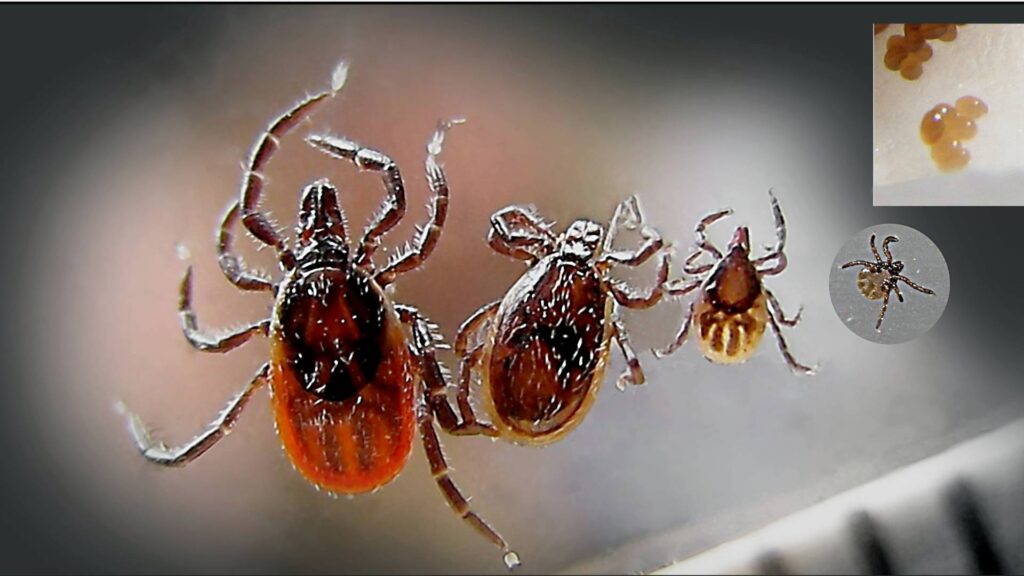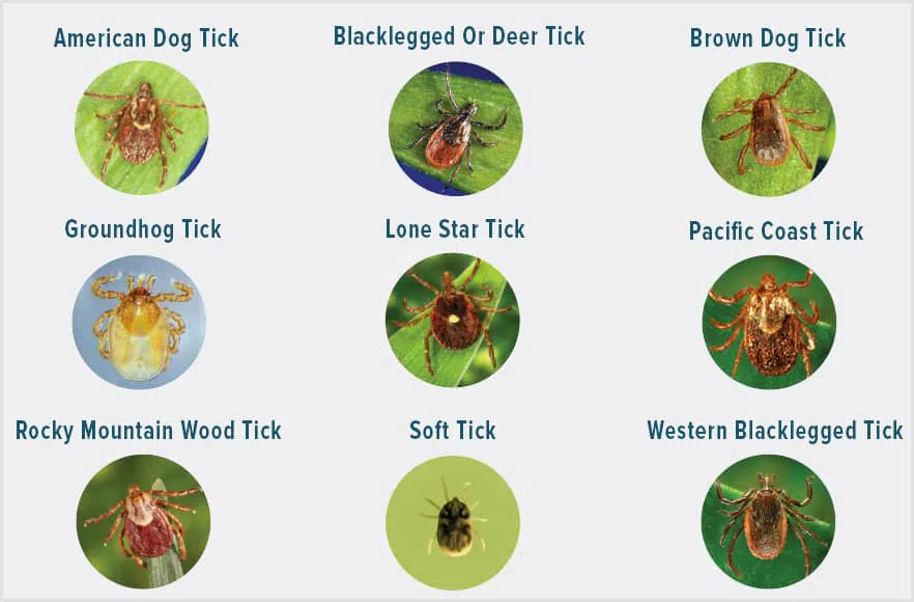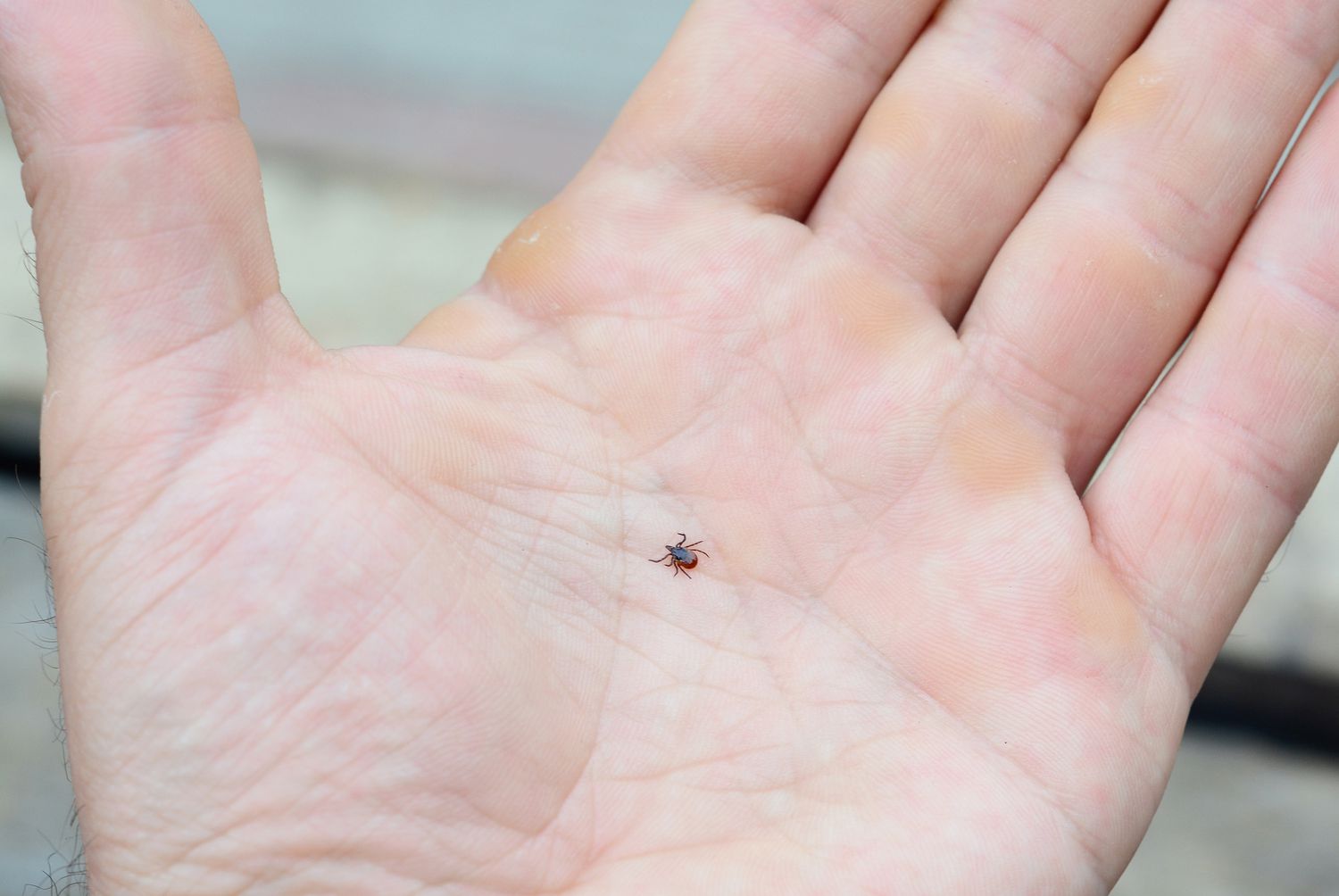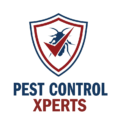Tick Treatments in Florida
Exterminator Services for Boynton Beach, Lake Worth, and Lake Worth Beach
Tick Control and Removal in Boynton Beach, Florida, Pest Control Xperts
Finding a tick on yourself, your child, or your pet is a deeply unsettling experience. In Boynton Beach and Lake Worth, ticks are a serious concern year-round due to our warm tropical climate and abundant wildlife. Unlike other pests that are simply annoying, ticks pose genuine health risks, capable of transmitting diseases like Ehrlichiosis, Babesiosis, and Lyme disease. At Pest Control Xperts, we provide specialized tick control and removal services to protect your property. From the grassy backyards in Chapel Hill to the pet-friendly communities near Lake Osborne, we help residents establish a safety zone around their homes.
Many homeowners assume ticks are only found in deep woods, but in South Florida, they thrive in manicured lawns, ornamental shrubs, and even inside the home. The Brown Dog Tick, a common local species, is unique because it can complete its entire life cycle indoors, infesting curtains, walls, and furniture. Our team uses rigorous pest inspection methods to identify the specific tick species—a critical step that dictates the treatment strategy. We prioritize safe pest management practices and clear communication, ensuring you know exactly how to reclaim your yard and home from these parasitic invaders.
Reach out to us for assistance.
Tick Problems We Solve in Boynton Beach
Ticks are stealthy hunters. They do not jump or fly; they “quest,” waiting on the tips of grass blades or shrubs for a host to brush past. In Boynton Beach, the problem often starts unnoticed. A single tick brought in on a pant leg or a dog’s fur can lead to a breeding population if conditions are right. For homeowners near natural areas or canals, wildlife like raccoons and opossums often introduce ticks into the yard continually.
Effective pest management for ticks requires a two-pronged approach: treating the environment and managing the host. We use pest tracking to identify the harborage areas in your yard where ticks rest during the heat of the day. Our goal is the complete elimination of pests in these zones, drastically reducing the chance of a bite.
Common signs of a tick issue:
- Finding ticks attached to skin after spending time in the yard
- Small, dark arachnids crawling on walls or curtains (indicates indoor infestation)
- Pets scratching constantly or biting at their paws and tail
- “Seed ticks” (larvae) appearing in large numbers on shoes or clothing
- Red, bullseye-shaped rashes on skin (seek medical attention immediately)
- Ticks found around door frames, baseboards, or window sills
- Noticing ticks on your dog even after using preventative medication
Why Ticks Thrive in Florida

Types of Tick Issues We Handle
Brown Dog Tick Infestations (Indoor)
The Brown Dog Tick is the most persistent and difficult tick to control in Florida because it loves the indoors. unlike other species, it breeds inside structures. We often find them hiding in cracks in the ceiling, behind baseboards, and under furniture. They can infest a home without a pet present if a previous owner had one. This tick requires a structural pest control approach similar to bed bugs.
What we look for during inspection:
- Ticks climbing vertical surfaces like walls and curtains
- Activity in cracks near where pets sleep
- Ticks hiding in crown molding or door casings
How we approach treatment
We use targeted crack-and-crevice treatments with residual products to reach ticks where they hide. This is not a simple “spray the floor” job; it requires treating the vertical surfaces and voids where this species lays eggs. We also recommend partnering with your veterinarian to treat the pet simultaneously.
American Dog Tick Control (Outdoor)
The American Dog Tick is typically picked up outdoors in areas with tall grass or brush. In neighborhoods like Leisureville or near the Intracoastal, these ticks are often dropped into yards by passing wildlife. They are larger and can survive for long periods without feeding.
What we look for during inspection:
- Overgrown vegetation along fence lines
- High grass near walkways
- Shaded areas under decks or shrubs
How we approach treatment
We focus on the “ecotone”—the transition area between the manicured lawn and the wilder landscaping. We apply granular or liquid treatments to these harborage zones to kill questing ticks. We also treat the perimeter of the home to prevent them from crawling inside.
Yard and Landscape Defense
Ticks require high humidity to survive, so they avoid sunny, short grass. They congregate in damp, shady areas. Our landscape defense service focuses on treating these micro-habitats. By targeting the bushes, leaf litter, and ground cover, we knock down the population where it lives.
What we look for during inspection:
- Leaf piles and organic debris
- Dense ground cover like ivy
- Areas where pets rest in the shade
How we approach treatment
We utilize integrated pest management to modify the habitat. We may recommend trimming back vegetation to increase sunlight (which kills ticks) and apply targeted acaricides (tick control products) to the remaining shade zones.
Our Tick Inspection and Treatment Approach
At Pest Control Xperts, we take tick control seriously because the stakes are high. Our pest assessment services begin with a detailed interview. We need to know where you are seeing the ticks—is it only on the dog, or are they crawling on the living room wall? This distinction tells us immediately if we are fighting an indoor breeder or an outdoor intruder.
For outdoor treatments, we create a barrier. We treat the perimeter of your yard and the perimeter of your house. We pay special attention to the “tick zone,” which is usually the vegetation up to 3 feet high. We use professional-grade products designed to adhere to leaves and soil, providing residual protection that lasts through our frequent Boynton Beach rain showers.
For indoor infestations, we are meticulous. We treat voids, crevices, and hiding spots. We focus on safe pest management, ensuring that products are applied safely in a way that minimizes exposure to your family while maximizing impact on the arachnids. We also help with long term pest control planning, advising on how to keep wildlife out of your yard to stop new ticks from being introduced.

Tick Prevention and Pest Proofing Tips for Boynton Beach Homes
Preventing ticks is largely about managing your property to make it inhospitable to them and the wildlife that carries them. In our lush environment, constant maintenance is key.
Preventative steps that actually help:
- Keep grass mowed short; ticks hate direct heat and low humidity
- Create a 3-foot buffer zone of gravel or wood chips between woods and your lawn
- Remove leaf litter and brush piles where ticks breed
- Keep trash cans secured to stop raccoons and opossums from entering the yard
- Trim tree branches to let more sunlight into shaded areas
- Seal gaps in fences to limit stray dogs or wildlife from passing through
- Stack wood neatly and in a dry area to discourage rodents (primary tick hosts)
- Check yourself and your pets for ticks immediately after walks
We can help you implement these pest deterrent strategies. Often, small changes in landscaping can drastically reduce tick pressure.
Residential and Commercial Tick Control
We protect families and businesses alike. For residential pest control clients, our priority is ensuring your backyard is safe for children and pets to play. We understand that fear of tick-borne illness can keep you trapped inside, and we want to help you enjoy your outdoor space again.
For commercial pest services, we work with doggy daycares, veterinary clinics, and outdoor venues in Boynton Beach. In these settings, tick control is vital for liability and customer trust. We provide regular preventative treatments and documentation to ensure these facilities remain safe for their four-legged guests.
Professional Tick Control vs DIY Methods
Many homeowners try to handle ticks with store-bought sprays or yard foggers. These often fail for two reasons: product quality and application method. Over-the-counter products often lack the residual power needed to last in the Florida sun and rain. Furthermore, simply spraying the grass in the middle of the lawn is a waste of time—ticks aren’t there. They are in the dense brush and edge areas.
Misidentifying pests leads to wasted effort. If you have Brown Dog Ticks inside and you only treat the yard, the infestation will continue to grow in your living room. Professional pest exterminators can identify the species instantly. We have the equipment to penetrate dense foliage outdoors and to inject products into wall voids indoors.
Safety is also a major factor. Concentrated tick treatments can be hazardous if mixed or applied incorrectly. We have the training to apply these products safely, ensuring effective tick removal without putting your environment at risk. Trusting a professional ensures the cycle is broken.

Frequently Asked Questions About Tick Control
Do you provide tick control in Boynton Beach and nearby areas?
Yes, we serve Boynton Beach, Lake Worth, Lake Worth Beach, and the surrounding areas. We are experienced with the specific tick species found in South Florida.
Can ticks live inside my house?
Yes. The Brown Dog Tick is unique because it can survive and breed entirely indoors. It hides in cracks, crevices, and behind furniture, often requiring professional treatment to eliminate.
How do I remove a tick from my skin?
Use fine-tipped tweezers to grasp the tick as close to the skin’s surface as possible. Pull upward with steady, even pressure. Clean the bite area and your hands with rubbing alcohol or soap and water.
Do you treat the yard for ticks?
Yes, exterior treatment is usually the most important step for species like the American Dog Tick. We target the shaded areas and vegetation where they wait for hosts.
Is the treatment safe for my dogs?
Yes, we prioritize safe pest management. We will advise you to keep pets out of the treated area until the product has completely dried. Once dry, it is safe for them to return.
Why do I have ticks if I don’t have pets?
Ticks are often brought into yards by wildlife like raccoons, opossums, or stray cats. You can also pick them up on your shoes or clothing while walking in other areas and bring them home.
How long does it take to get rid of ticks?
Outdoor treatments are effective immediately upon drying. Indoor infestations of Brown Dog Ticks may take several weeks and follow-up visits to fully eradicate due to their hiding habits and egg cycles.
Is there a local tick removal service near me?
Yes, Pest Control Xperts is your local specialist. We can respond quickly to assess the situation and start treatment.
Service Area for Tick Removal in and Around Boynton Beach, Florida
We are proud to serve the communities of Palm Beach County. Whether you live in a coastal condo or a suburban single-family home, we have the expertise to protect you. We serve the following neighborhoods and towns:
- Boynton Beach
- Lake Worth
- Lake Worth Beach
- Ocean Ridge
- Manalapan
- Golf
- Hypoluxo
- Lantana
- Aberdeen
- Leisureville
We are dedicated to providing reliable, effective local service.
Zip codes we serve: 33424, 33425, 33426, 33435, 33436, 33437, 33460, 33461, 33472, 33473.
Conclusion
Ticks are a serious health threat that require a serious solution. Don’t let these parasites take over your yard or your home. At Pest Control Xperts, we have the knowledge and tools to eliminate ticks and keep your family safe.
Contact us today.
